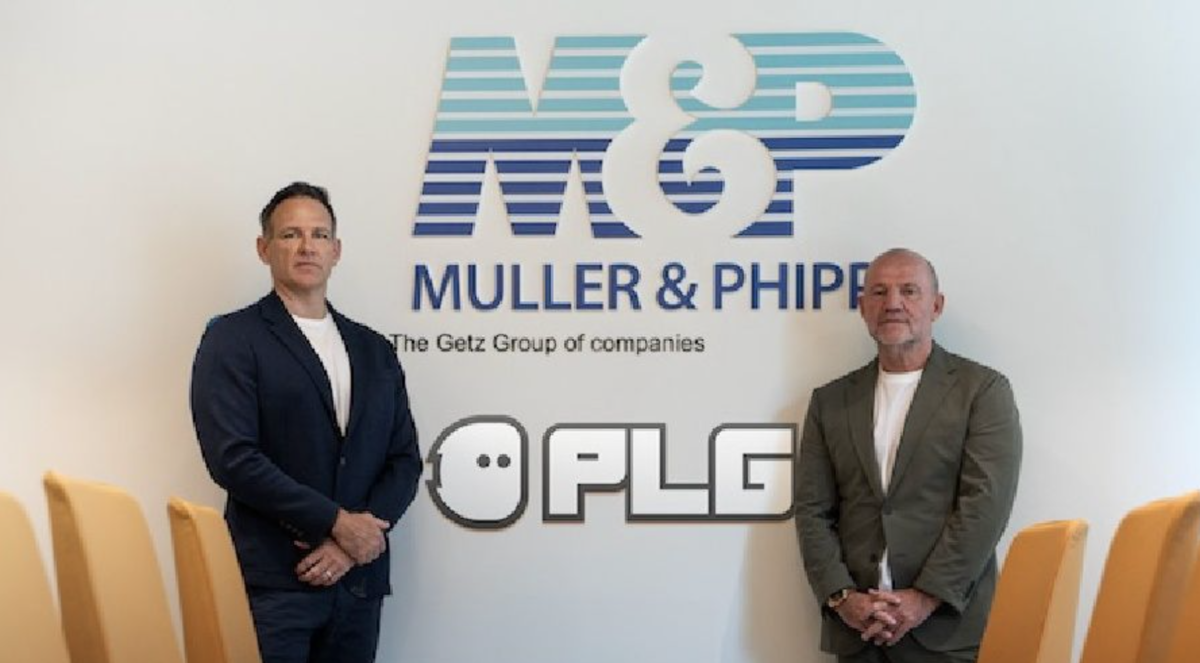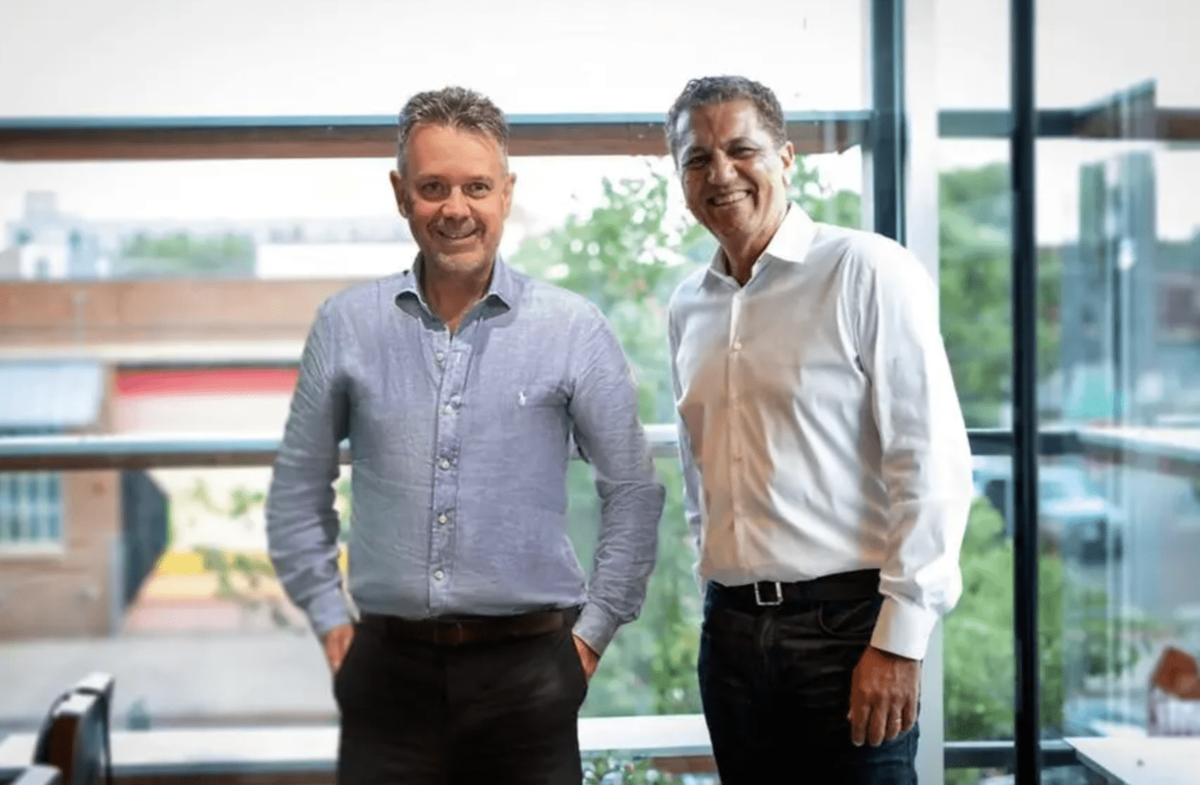CAIRO: Regional startup activity has seen many acquisitions and funding rounds in recent weeks, with climate technology, artificial intelligence, and Web3 garnering the most attention.
Saudi Arabia’s venture capital firm Wa’ed Ventures, a $500-million Aramco subsidiary, led California-based AI platform aiXplain’s $6.5 million pre-series A funding round.
Backed by US-based firms including Transform VC and Calibrate VC, aiXplain has raised a total of $16.5 million since its inception, aiming for a global rollout of AI solutions.
Founded in 2020 by Hassan Sawaf, aiXplain has designed an integrated platform to simplify the creation, deployment, and management of AI solutions.
The company aims to democratize access to AI innovation by enabling the building of advanced solutions through natural language prompts for users with no coding background.
This approach allows businesses to maximize operational efficiencies by accelerating the time and effort needed for integrating AI into large-scale operations.
“Hassan and his team deeply understand the global disparity in AI access and the potentially damaging effects of leaving this gap unaddressed,” said Fahad Alidi, managing director and CEO at Wa’ed Ventures.
He added that aiXplain “has already helped close the AI innovation gap in the MENA (Middle East and North Africa) region, and we see significant potential for the company to localize its solutions in the Kingdom.”
To accelerate its entry into the Kingdom, aiXplain’s existing subsidiary in Saudi Arabia will function as the company’s MENA region headquarters.
Beyond the Kingdom, aiXplain works with businesses worldwide to build AI solutions efficiently, as well as fine-tune and benchmark AI models.
Oman-based climate tech 44.01 secures $37m in series A funding
Oman-based climate technology startup 44.01 has closed a $37 million series A funding round, led by Equinor Ventures with participation from Shorooq Partners, Air Liquide Venture Capital, Alumni Ventures, and other investors.
Founded in 2020 by Talal Hassan, Ehab Tasfai, and Karan Khimji, 44.01 specializes in eliminating carbon dioxide by converting it into rock.
The funding will enable the firm to continue refining its technology, develop commercial-scale projects, and expand its deployment internationally. The company’s tech has been piloted in Oman and the UAE.
Talal Hasan, founder and CEO of 44.01, said: “We believe mineralization can play a significant role in protecting and repairing our climate. We are grateful to our investors for committing to that mission and for demonstrating their confidence in our technology.”
He added: “Our investors bring a wealth of international expertise and experience that will help us to accelerate our development and ultimately mineralize CO2 at scale world-wide.”
Sentient Labs raises $85m in seed investment
UAE-based Web3-focused startup Sentient Labs has raised an $85m through a seed investment round co-led by Pantera Capital and Framework Ventures, with additional funding from Arrington Capital, Canonical, Dao5, and others.
Founded in January 2024 by Sandeep Nailwal, Pramod Viswanath, and Himanshu Tyagi, Sentient Labs is dedicated to democratizing AI development to ensure its benefits are shared by humanity as a whole.
Sentient Labs will use the capital to accelerate the development of its open-source AI platform.
Muller & Phipps acquires Power League Gaming

Supplied
Regional technology distribution house Muller & Phipps Middle East Group has acquired UAE-based gaming and esports agency Power League Gaming for an undisclosed value.
The acquisition will see Muller & Phipps invest in scaling Dubai operations and expanding into Saudi Arabia in the fourth quarter of 2024.
Founded in 2013 by John Lacey, Power League Gaming offers comprehensive solutions for brands entering the gaming sector and publishers engaging audiences through esports events, content creation, and omni-channel ecosystem development.
Muller & Phipps will acquire all company assets, retaining the management team to lead the business.
“With Power League Gaming we see market experts who have grown rapidly and who have the talent and drive to take the business and the category itself to the next level across our region. We are excited to launch into Saudi Arabia later this year and to offer local clients the latest and most commercially sound esports and gaming strategies in the field,” group CEO of Muller & Phipps Middle East Group Holdings, Trevor Price, said.
Tokinvest secures $500k in pre-seed funding
UAE-based tokenization platform Tokinvest has raised $500,000 in pre-seed funding from a group of investors, including Michael Ourabah, CEO of global infrastructure provider BSO.
Founded in 2024 by Scott Thiel and Matthew Blom, Tokinvest creates virtual tokens representing rights to assets, connecting real-world asset issuers with global investors through its marketplace.
The newly acquired funds will be used to enhance Tokinvest’s technological infrastructure, expand its team, and accelerate market penetration.
“We are immensely grateful for the trust and support from our early investors. This funding fuels our technological and operational development and solidifies our strategy to lead in the real-world asset tokenization space. We are excited about the opportunities that lie ahead and are keenly focused on launching our marketplace later this year,” Thiel, the company’s CEO, said.
Swyt concludes undisclosed seed round
UAE-based IT solutions provider Swyt has concluded an undisclosed seed funding round.
Founded in 2022 by Edouard Bouvet, Swyt offers an all-in-one platform designed to simplify and secure IT operations for businesses.
The seed funding will support Swyt’s mission to accelerate research and development on their platform and expand its presence throughout the Gulf region.
Dopay closes $13.5m series A extension round

Dopay team. Supplied
Egypt-headquartered fintech Dopay has closed a $13.5 million series A extension round, adding to a previous $18 million series A round raised in 2021. The new funding initiative was led by Argentem Creek Partners with participation from existing investors.
Founded in 2014 by Frans van Eersel and Ahmed Nassef, Dopay offers a virtual banking platform that digitizes cash payments from employers to workers and other beneficiaries.
The fresh funding will enable Dopay to expand in Egypt, launch new financial services, and extend its multi-bank, multi-country platform to other markets.
“This funding comes at a pivotal moment, with our growth exhibiting a true hockey stick trajectory. The new funds will help us elevate our platform and, in collaboration with our partner banks, leverage deposited funds to create a self-financing lending model,” Eersel said.
“This model will allow deposited amounts to fuel a lending portfolio, fostering a sustainable and mutually beneficial financial ecosystem. Our customers can look forward to new financing products that will be seamlessly embedded into our platform, enhancing their overall experience,” he added.
Majarra acquires NLP technology provider Lableb
UAE-based Arabic digital content provider Majarra has acquired natural language processing technology provider Lableb for an undisclosed amount.
Founded in 2004 by Abdulsalam Haykal, Majarra provides Arabic content through its app, offering a vast library of over 50,000 articles, videos, and audio content.
Lableb, founded in 2017 by Kinda Al-Tarbouch, offers Arabic AI services and NLP. The acquisition aims to solidify Majarra’s position at the forefront of Arabic digital innovation and marks its entry into the rapidly expanding AI sector.
“Joining Majarra marks an exciting new chapter for Lableb. Our shared vision of advancing Arabic AI and NLP will drive innovation and deliver significant value to online businesses and their customers. Lableb’s tools are robust, ready to deploy, and capable of handling millions of queries weekly,” Al-Tarbouch said.






















